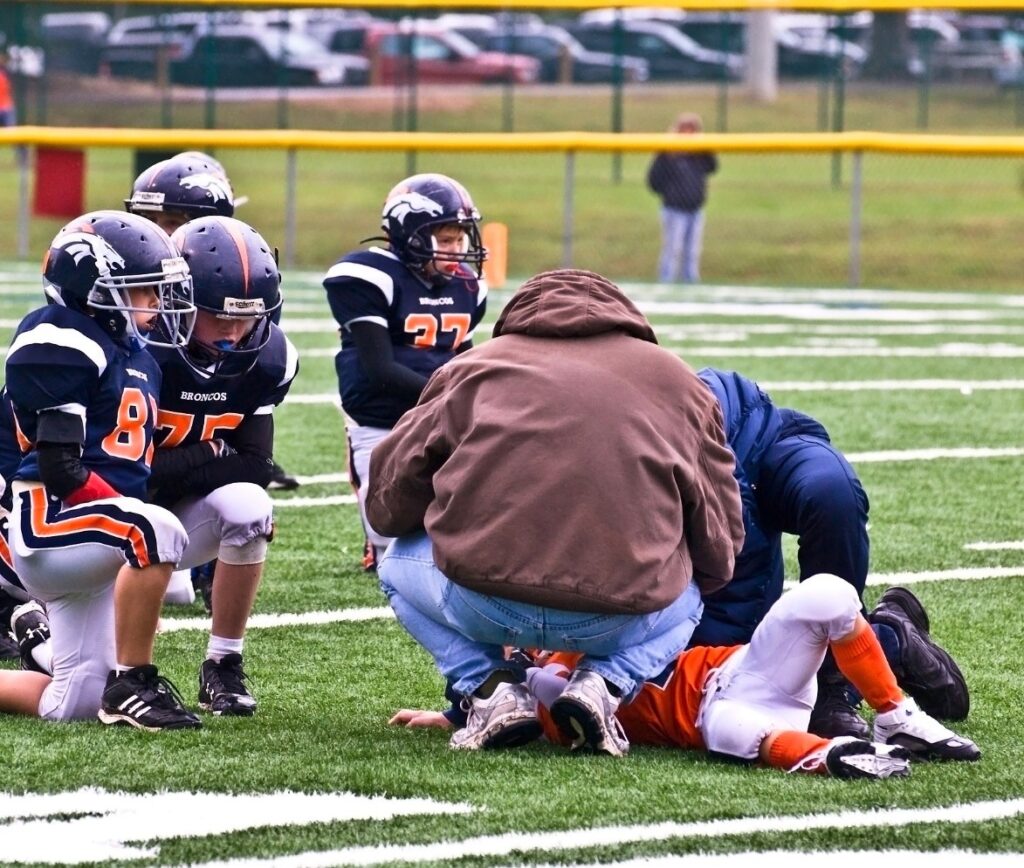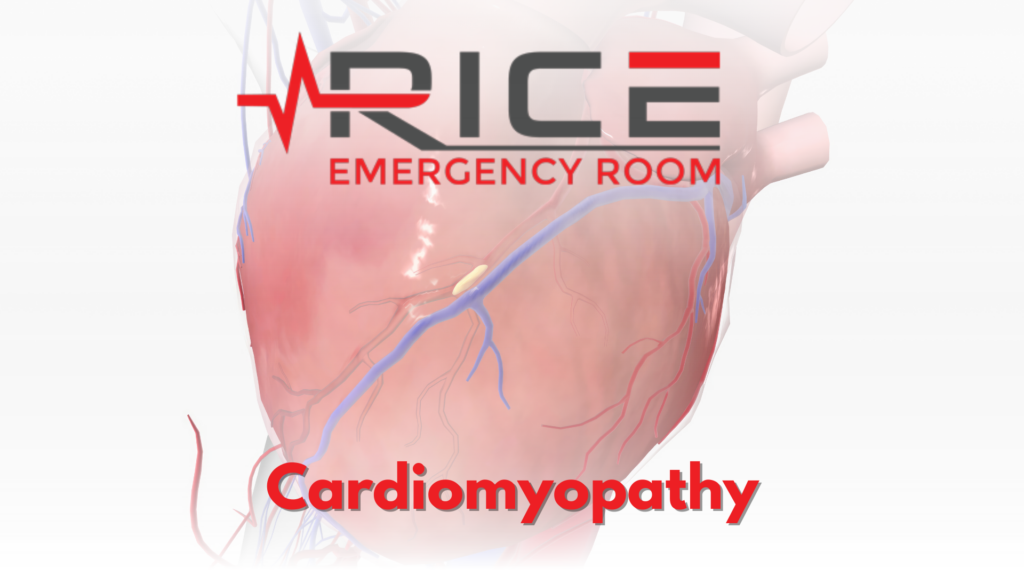
Football injuries in children are common and don’t discriminate. No matter the age and amount of protective gear, injuries happen. A CDC study published in Sports Health found that athletes ages 6 to 14 who played tackle football got 15 times more injuries than athletes who played other sports.
Upper Body Fractures in Football
The collarbone (clavicle) commonly breaks, but the clavicle joints on either side can also get fractured. Football gameplay is a common reason for clavicle injuries. An x-ray can diagnose and determine the extent of the injury.
Shoulder separation is caused by a hard fall, direct contact, or heavy lifting. The athlete will say they are sore, swollen, and can’t move as much, accompanied by a great amount of pain. (Enrico)
Football Injuries to the Head
A concussion is the most common type of head injury. Some symptoms are headaches, dizziness, nausea, loss of balance, drowsiness, numbness or tingling, trouble concentrating, and blurred vision (which may not appear immediately). It is important to seek emergency care when head injuries result in these symptoms.
Pediatricians recommend children with head injuries rest their body and mind (such as limiting screen time, from playing video games to watching TV, reading, or schoolwork). Restricting these activities will help the patient get better faster. (Enrico)
Football Hand Injuries
In brief Football players have a high risk of injury to the soft tissues of the hand; among the most common problems are thumb sprains and joint dislocations. Stable ligament injuries can be treated with splints and casts, but more severe sprains may require surgical intervention.
Football Elbow Injuries
A strain or sprain is an injury to a muscle or ligament. The elbow is a joint made up of three bones: the ulna, radius, and humerus. This joint is supported by multiple ligaments and muscles that could be damaged in an injury to the elbow. An elbow injury could occur suddenly from a fall or if it is twisted too hard. These injuries are common in football. An injury could also occur from overuse or repetitive motions that involve the muscles or ligaments of the elbow. The muscles that are attached to the elbow help control motions of the wrist. These injuries might occur in throwing sports.
What More Can We Do?
Coaches Can:
- Talk to the athletes about concussions and injury and teach players how to avoid getting hit in the head
- Make sure PPE is not damaged before use
- Have injury protocols
- Train on preventing injuries during gameplay
Parents Can:
- Have your child medically cleared before playing football
- Have ImPACT concussion testing to get a baseline prior to gameplay
- Properly assess and diagnose injuries with a pediatrician or emergency room physician
Schools and Sports Teams Can:
- Have certified athletic trainers at games and practices
- Set rules for fair play, safety, and good sportsmanship
- Tell coaches and parents about your school or league’s concussion policies and give them training
- Have emergency protocols for serious injuries
- (Centers for Disease Control and Prevention)
Football players should immediately see a doctor if they injure their head, shoulder, bones, or joints. Broken bones, damaged tissues, and concussions that aren’t treated can develop complications. In the instance of a head injury, it can be life-threatening. In addition to head injuries, pain, swelling, trouble putting weight on a leg, and limited arm and leg movement are all signs that a child needs emergency care.
Works Cited
Enrico. “The Most Common Football Injuries for Kids.” The Pediatric Orthopedic Center, 10 Aug. 2022, pediatricorthopedics.com/the-most-common-football-injuries-for-kids/.
Rettig A. C. (1991). Hand Injuries in Football Players. The Physician and sportsmedicine, 19(12), 97–107. https://doi.org/10.1080/00913847.1991.11710213
Youth Football Online. “Common Youth Football Injuries at Practice- What to Do!” Youth Football Online, 13 Feb. 2019, youthfootballonline.com/common-practice-football-injuries/. Centers for Disease Control and Prevention. “Comparing Head Impacts in Youth Tackle and Flag Football.” Centers for Disease Control and Prevention, Centers for Disease Control and Prevention, 19 May 2021, www.cdc.gov/traumaticbraininjury/pubs/youth_football_head_impacts.html.



